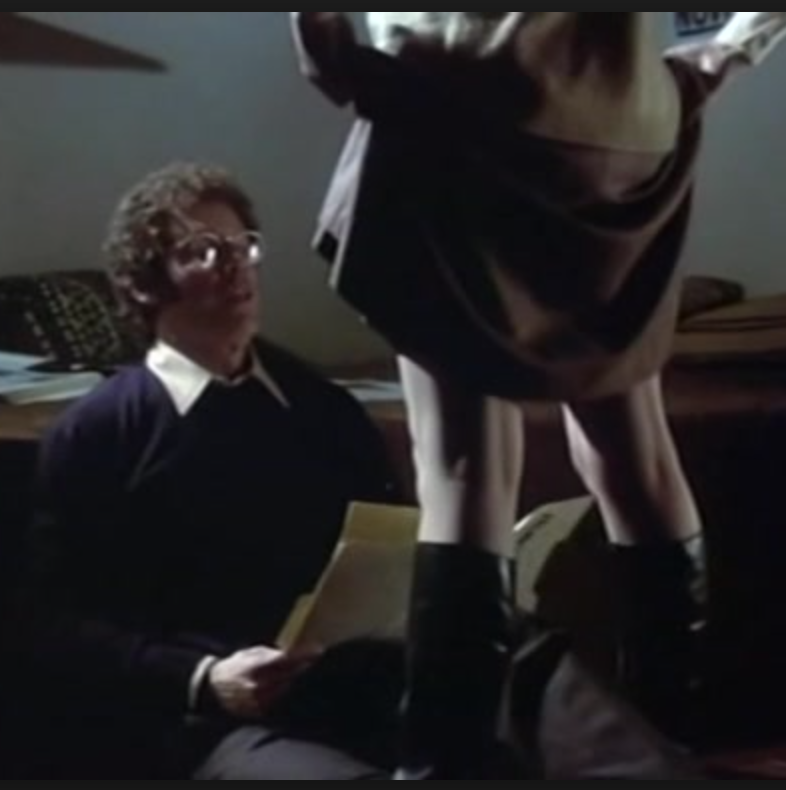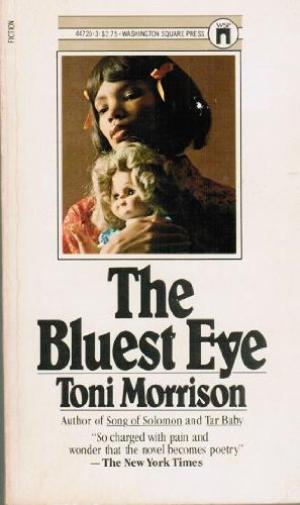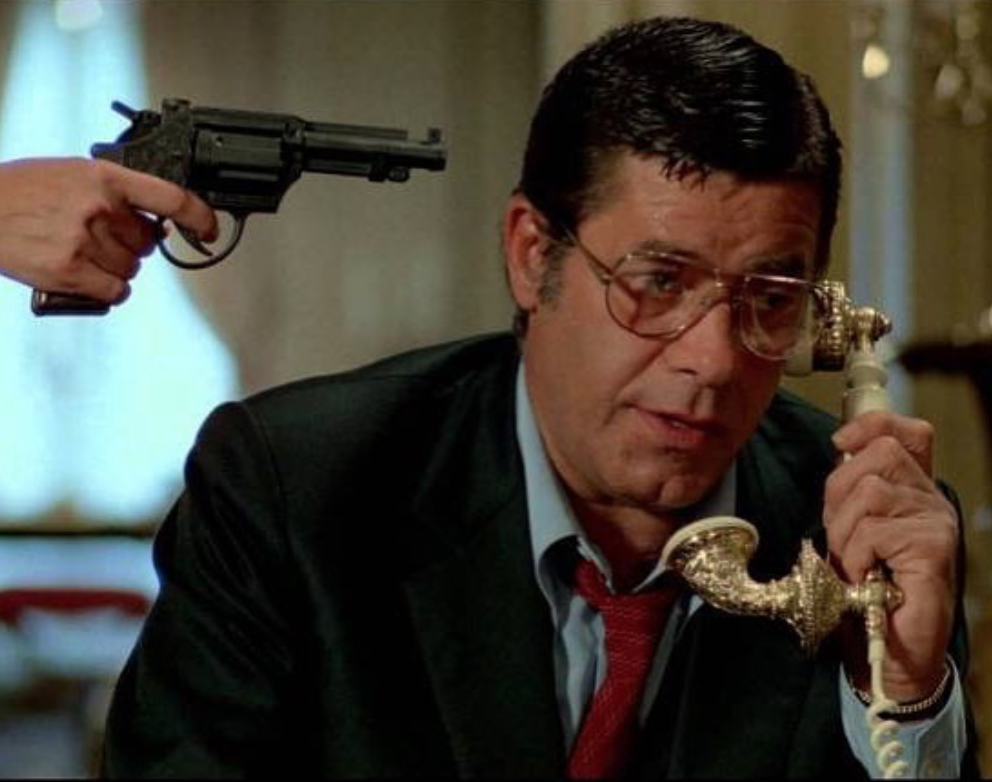 There are films that ripen on the vine, and then there is “Looking for Mr. Goodbar,” Richard Brooks’s 1977 adaptation of the Judith Rossner novel inspired by a NYC schoolteacher killed by a one-night stand. It was a crime that seized national attention – for some, as a cautionary tale about women’s liberation; for others, as a case study in lethal misogyny. Rossner’s fictionalized account–lurid and lucid both–was such a critically touted bestseller that the term “Mr. Goodbar” became mainstream slang for a hot one-night stand. But while Brooks’s film made bank, reviews were mixed. Viewed forty years later, you can see why. Its ambivalence about independent female sexuality makes for a jarring, fractured viewing experience if also a fascinating time capsule of the hypocrisies necessitating today’s #metoo revolution.
There are films that ripen on the vine, and then there is “Looking for Mr. Goodbar,” Richard Brooks’s 1977 adaptation of the Judith Rossner novel inspired by a NYC schoolteacher killed by a one-night stand. It was a crime that seized national attention – for some, as a cautionary tale about women’s liberation; for others, as a case study in lethal misogyny. Rossner’s fictionalized account–lurid and lucid both–was such a critically touted bestseller that the term “Mr. Goodbar” became mainstream slang for a hot one-night stand. But while Brooks’s film made bank, reviews were mixed. Viewed forty years later, you can see why. Its ambivalence about independent female sexuality makes for a jarring, fractured viewing experience if also a fascinating time capsule of the hypocrisies necessitating today’s #metoo revolution.
Fresh off the heels of her “Annie Hall” success, Diane Keaton stars as Theresa Dunn, roughly based on real-life victim Roseann Quinn. But while Keaton retains some of Annie’s daffiness, Theresa’s shadows live close to the surface; she’s haunted by her repressive Irish Catholic upbringing and a childhood scarred by scoliosis. When we meet her, she’s studying to become a teacher and sleeping with her married professor (Alan Feinstein), a pipe-puffing cad who sports the unfortunate male perm that was de rigueur in the late 1970s. While he struts in front of her classroom, she fantasizes about fucking him in a hot flash; the film is very big on psychosexual stills a la “Rosemary’s Baby” and “The Exorcist.” Continue Reading →


